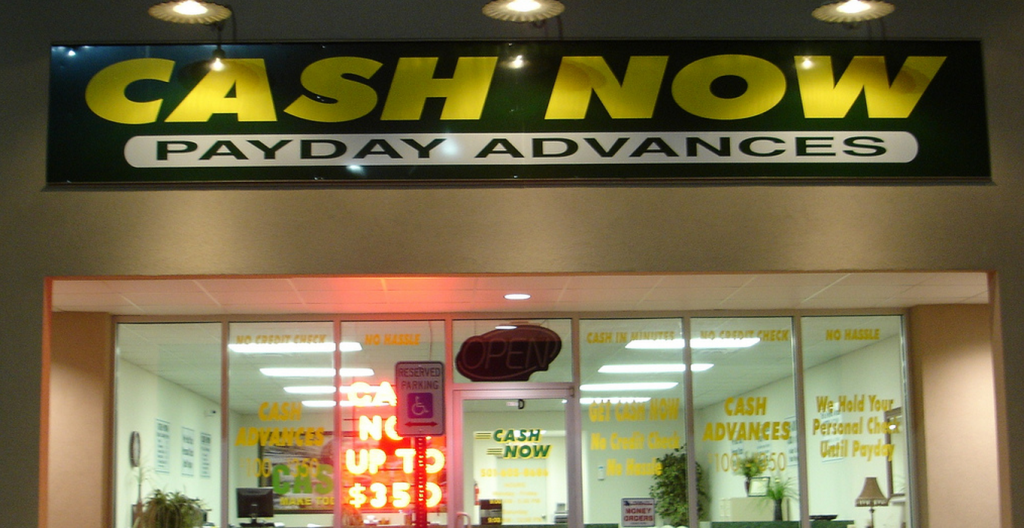1-In-4 Americans Turn To Payday Loans & Other High-Cost Financial Products
This is according to the latest FDIC National Survey of Unbanked and Underbanked Households [PDF], which found that in 2013, 25% of U.S. households used at least one alternate financial service — which could include payday loans, non-bank check-cashing, pawn shop loans, auto-title loans, tax refund-anticipation loans, and rent-to-own services; each of these can charge fees to consumers that equate to double- and triple-digit annual interest rates, often much higher than the cost of comparable loan and money transfer services offered by banks.
In all, nearly 3-in-10 American households (34.4 million) are either unbanked, or underbanked, according to the FDIC. This means they either don’t have a bank account or have one but still rely on alternate financial products.
Underbanked consumers are twice as likely to take out payday loans than the unbanked, since most payday operations require that the borrower has a bank account from which to withdraw payments. On the flipside, pawn shop loans are significantly more popular among the unbanked, presumably because there is no need for a bank account when the loan is based on a physical piece of collateral left in the pawn shop’s possession for the term of the loan.
The majority (57.5%) of those without bank accounts say one huge reason for their unbanked status is that they believe they simply lack the funds to maintain a minimum balance at a bank. However, there are still some banks and credit unions that don’t require a minimum balance; they are often just smaller institutions that lack the advertising budgets of their bigger fee-loving counterparts.
Additionally, while the unbanked may be worried about minimum bank balances, 56.8% of them have used check-cashing services in the last year (38.5% in the last 30 days), meaning they are giving away often substantial portions of their income just to have access to their money.
The use of prepaid debit cards has soared in recent years among the unbanked and underbanked. In 2009, only 12.2% of unbanked households were using these prepaid products, which vary widely in the fees and restrictions put on cardholders, but by 2013, that rate had more than doubled to 27.1%.
Even the underbanked are increasingly turning to prepaid debit cards as a non-bank option, with 13.1% of these households saying they had used a prepaid debit card in the previous year. Meanwhile, only 5.3% of all fully banked households had used one of these cards.
Want more consumer news? Visit our parent organization, Consumer Reports, for the latest on scams, recalls, and other consumer issues.


